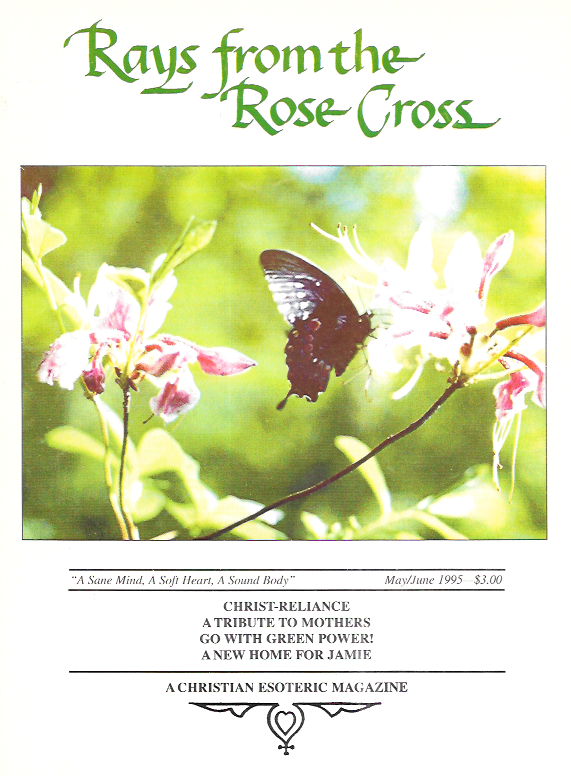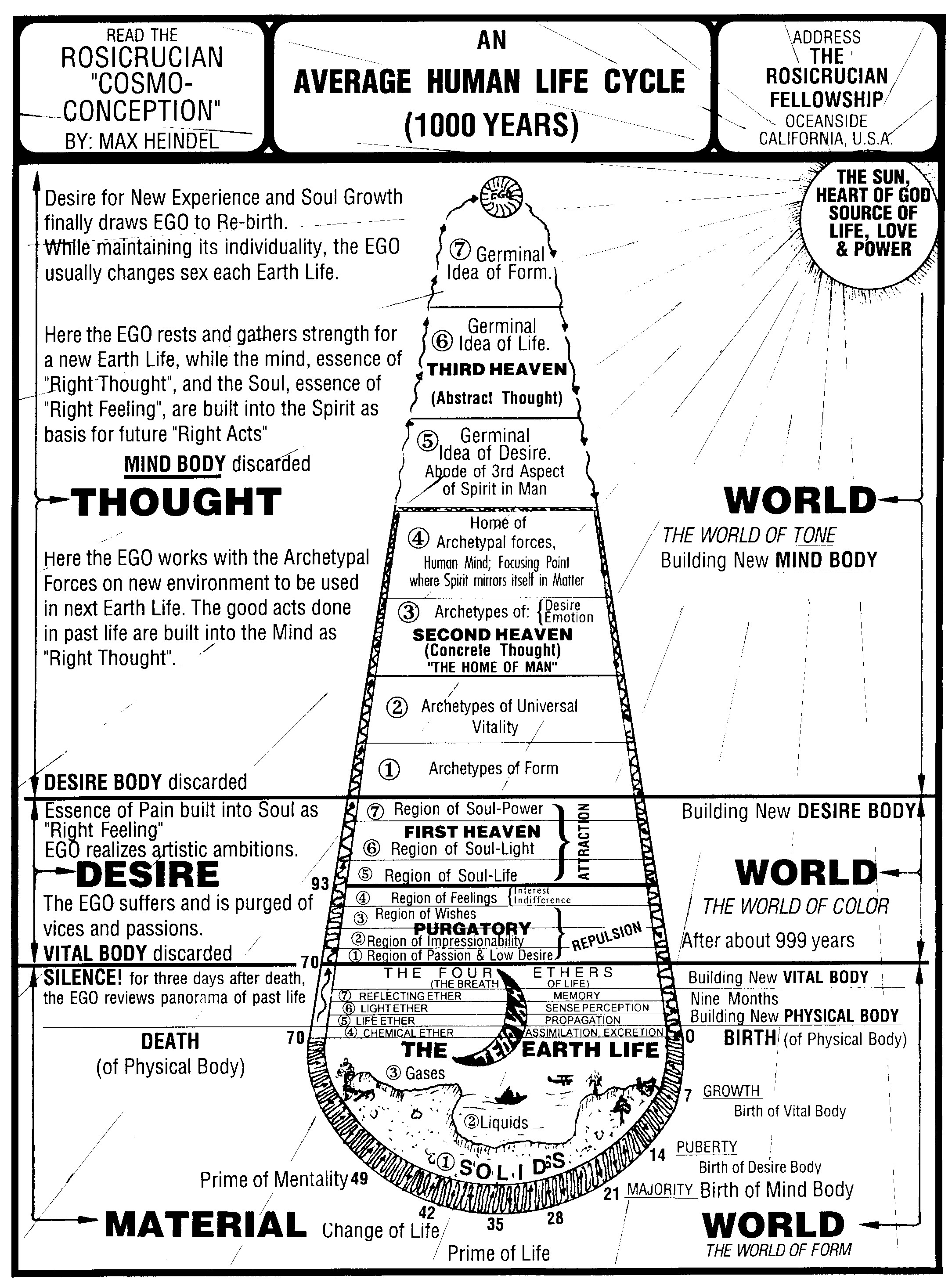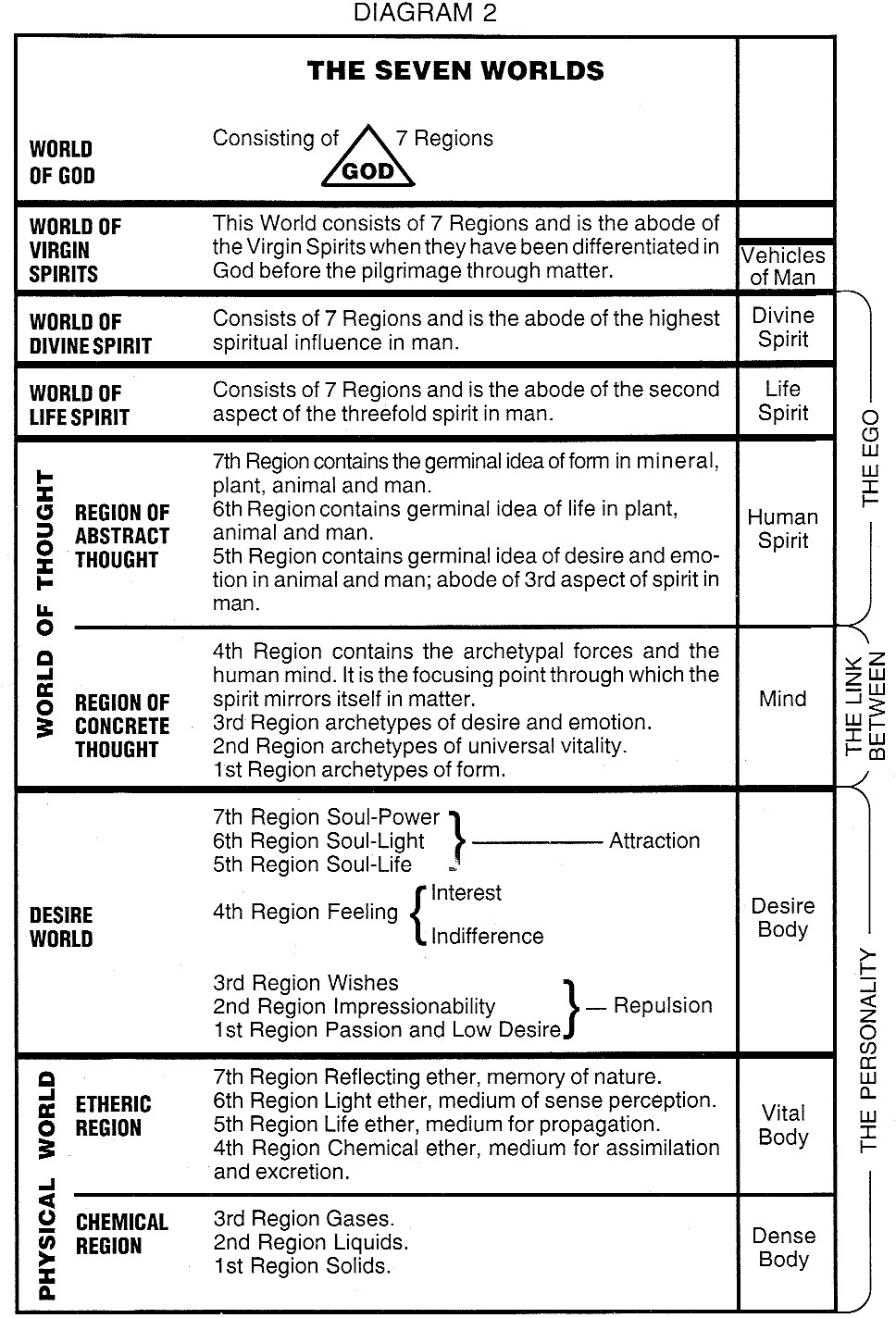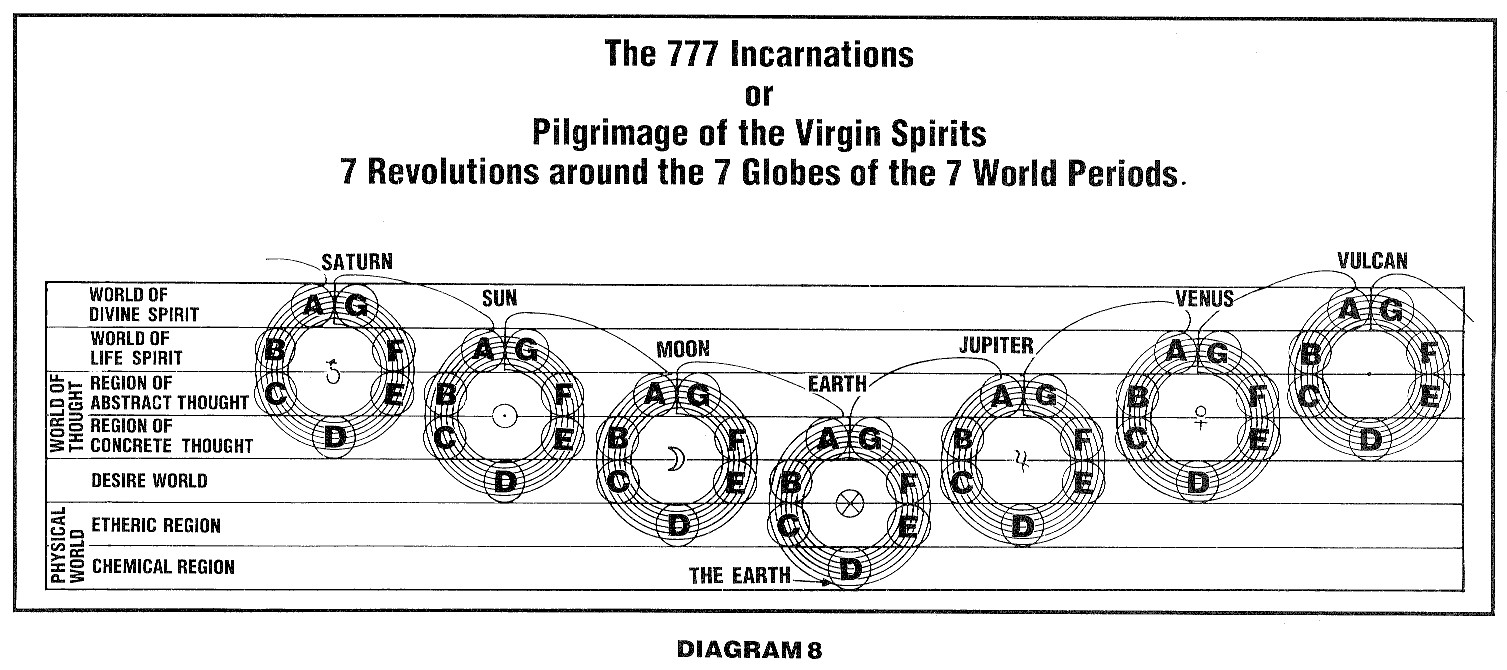
| rosicrucianU.com | ||
| Simplified Scientific Christianity |

Despite all the rich spiritual food we receive in occult philosophy, we at times hunger and thirst after the plain bread and wine of the Bible. When we re-read the familiar passages, it is as though we were going back to childhood, when we first learned to say: "Our Father, which art in heaven" And with it all we felt that beautiful sense of holiness, that implicit trust and comfort that characterize childhood religion.
Years have passed since childhood, however, and we have had to prove for ourselves the religion that was once laid in our laps. The holiness that may be in our hearts is no longer a gift the gift of Christian inheritance as in childhood — but it is the fruit of earned virtue, the joy of sonship. In childhood, the Bible was a book of truth and fact, but as adults we have not found it to be an undisputed volume of religion.
The Bible, once childishly clear and simple to the child mind, becomes a master volume to the searching student of the mystic and the occult; it becomes a computation of anatomy, numbers, parables, and symbols and, at that, is written in a recondite and secret manner. It becomes a book for which there are seven ways of interpretation. It is said of these seven interpretations that: the first three may be given by word of mouth, the fourth can only be sensed but not expressed; and the three highest can be understood only by the highest Adepts.
The literal interpretation of the Bible has caused much misunderstanding. The ten Commandments of the Old Testament and the two of the New seem self- explanatory, not containing an inner meaning. In fact, to the "sophisticated" mind they may appear trivial, a bit crude compared to the more "elegant" language and wisdom of Plato and other philosophers.
The word-sense of these Commandments may be compared to the bark of a tree — the bark of the Tree of Life. The bark does not tell the whole story; to examine the heart of the tree it is necessary to cut down the tree, which then dies. If all the bark of a tree is removed, the tree also dies. Similarly, if the heart of the twelve Commandments were plainly discernible in the literal, outward sense of the words, our lack of wisdom in dealing with holy things would have taken their life long ago, and no religion would have survived.
But the heart of life is never to be endangered by the foolish, the willful, and the aggressive. Had God ordained that trees grow with the vital organs on the outside, how much more they would be exposed to injury and death. Similarly, the crude bark — the crude word-sense of the Commandments — protects the deep, throbbing life within. Religious factions have often carved their initials onto the bark of the Tree of Life; they have scratched and marred it, but they have not been able to go below it and have, therefore, accomplished pathetically little. The bark of a tree, however, never belies the heart, So, also, is the word-sense of the Commandments intimately related to the Truths they cover.
The ten Commandments of the Old Testament and the two of the New are as two Trees of Life, the former belonging to the Arian, the latter to the Piscean, Age.
Outwardly, the ten Commandments in Exodus 20:12-18 are rough sentences; inwardly they stand as a code of life whereby men attain to selfhood as spiritual beings. They are the code of healing for the ten organs of the physical body. They are God's rules with which to establish order among men and harmony in the body. The spiritual observance of the ten Commandments will free men from the tenacity of the physical life.
The two laws of the New Testament ( Matt. 22:37-42) which Christ gave appertain to man's status as the sons of God; they appertain to man's divinity; they are here to heal the heart of man. Man's divinity resides in his heart. By the degree of their love are men the sons of God. The heart of man is healed by love; therefore, the Commandments of the New Testament are the Commandments of love and healing.
The two New Testament Commandments are the superlatives of those in the Old Testament. The Old Testament is long, the New Testament short. The Old Testament Commandments are regimentary, military, rigid; the New speak in the language of the home — the language understood in the circle of friends. The two are in themselves the fulfillment of the ten.
We have now come to one of the last chapters of the Piscean Age and are beginning to dream of the Aquarian Age. Now is a time of testing. The allotted time to learn the rudimentary lessons of Christian love is nearly over, and it behooves us to look back and ahead.
Every dispensation unfolds the teaching for that particular age and prophecize the one to come. The prophets of the Old Testament, though living in the Arian Age, in their hearts were already children of the Piscean Age. Within their lives, the ten Commandments found full fulfillment; within their hearts, they were already children of the virtue of love, children consecrated to service. Before their spiritual vision they constantly beheld the ideals of the Christian era; they even spoke of Him Who was to come.
So it is with the Teachings of the Christian era. Christ Jesus did look back, sweeping aside the letter of the law by eating with the unclean, by healing on the Sabbath, and in other ways. He gave this era the two Commandments that are to elevate individualistic society into Fellowship. What if our ''examination papers" at the close of this era show trinkets of love instead of the virtue of love, or polished imitations of love instead of the gold of love? It is absolutely certain that in the new Aquarian dispensation the Commandments of love will be fulfilled on a higher scale.
Looking ahead, Christ Jesus said to His disciples: Acknowledge that ye are unworthy servants. Of them, He expected more than the fulfilling of the Commandments. Every Master is greater than his disciples. Every true Master has mastered his teachings; more than that, he has transcended them. He lives by still higher laws and commandments, which at times he uses. If this were not so, Christ Jesus would not have said: "Become as little children," or "Thine accusers are fled: neither will I accuse thee."
The twelve Commandments will be discussed individually in forthcoming issues, with particular regard to their word-sense, their heart-sense, and their spiritual sense. We will try to understand the past in the light of the present, and look ahead, aiming for a goal.
— Rays from the Rose Cross Magazine, May, 1976, page 214

|

|

|
|
|
Contemporary Mystic Christianity |
|
|
This web page has been edited and/or excerpted from reference material, has been modified from its original version, and is in conformance with the web host's Members Terms & Conditions. This website is offered to the public by students of The Rosicrucian Teachings, and has no official affiliation with any organization. | Mobile Version | |
|